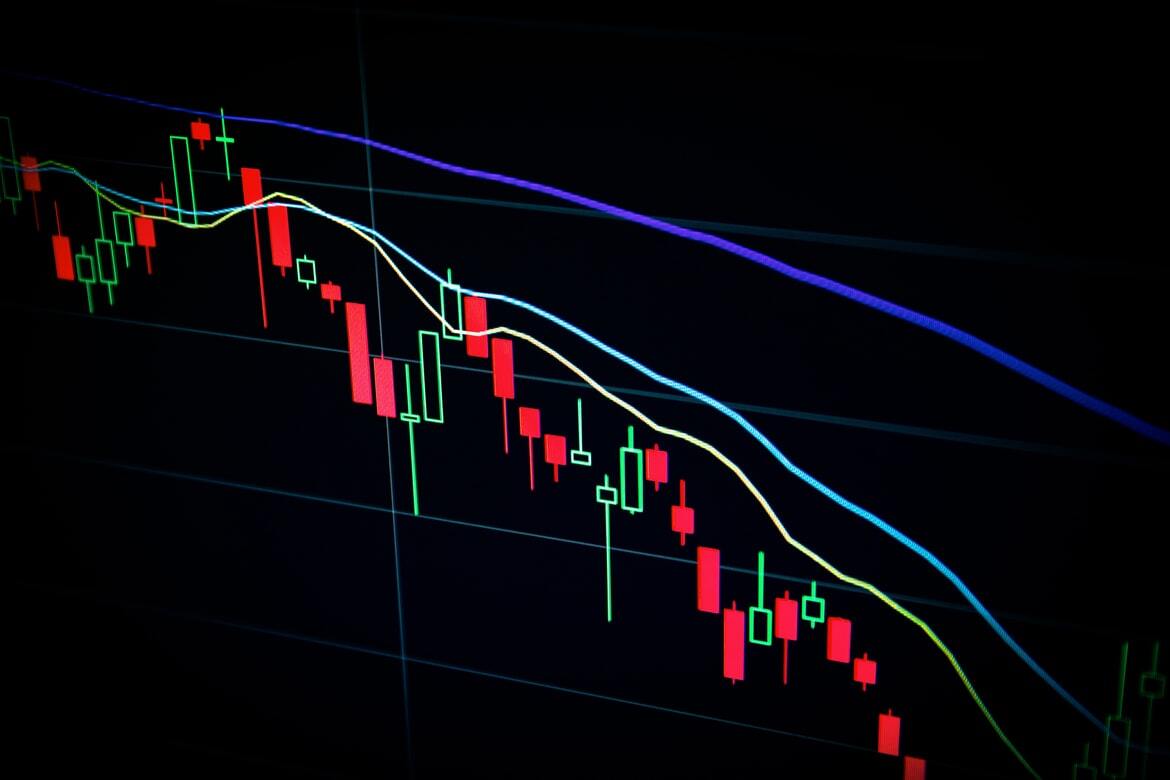 Insiders are shedding shares as 2021 comes to a close...
Insiders are shedding shares as 2021 comes to a close...
Company executives tend to have generous compensation packages. In addition to some of the highest salaries in their companies, executives often have annual and long-term bonus plans.
While cash bonuses are common, public companies often pay their top employees with stock-based compensation.
In other words, they are paid in company shares to incentivize them to do what's best for the stock price long term.
Executive ownership levels are public knowledge, and we can learn a lot about management's intentions by seeing where they're putting their money.
 A recent stat about insider activity has raised a lot of eyebrows...
A recent stat about insider activity has raised a lot of eyebrows...
Earlier this month, data came out that management teams and other insiders in corporate America sold a mind-blowing $69 billion of shares in 2021.
That's an all-time record – up 30% from the prior year.
There are two possible explanations for the selling. One is that the market has become too lofty. The second is insiders found an opportunity to grab the cash and run.
But the latter thesis suggests management teams are selling high, thinking the equity markets can't get much better than what we've seen already.
A more plausible explanation has to do with taxes. Wealthy insiders could be looking to realize capital gains before potential tax hikes come into play.
What's more important to note is that the selling doesn't seem to be part of a larger trend. It appears to be a concentrated decision by a select group of individuals.
However, a lot of the insider sales came from only four people or groups...
Roughly 40% of insider selling came from the following business leaders: Tesla's (TSLA) CEO Elon Musk, Amazon's (AMZN) founder Jeff Bezos, Facebook's (FB) CEO Mark Zuckerberg, and members of the Walton family whose fortune is derived from Walmart (WMT).
Each had its own unique reasons for unloading shares. Bezos, for example, has been using his Amazon stock to help fund his space adventures, while Musk publicly announced having to sell stock to pay for his upcoming tax obligations.
These billionaires had a clear goal in mind that required liquidity, meaning this historic selling activity likely isn't a sign that the market has peaked.
In reality, all remain massively invested in their companies.
Musk still owns more than $170 billion in Tesla shares, Bezos owns a similar amount in Amazon, Zuckerberg has around $100 billion in Facebook, and the Waltons own $170 billion in Walmart.
These are pretty cozy sums for anyone worried about an impending market crash that would cost them tens of billions of dollars.
 Insiders are buying shares too...
Insiders are buying shares too...
It's important to factor in the level of insider buying activity.
One informative metric is the ratio of insider buying to selling. This provides some signals as to whether management teams are truly bullish or bearish.
In the chart below from SecForm4.com, the red line represents the S&P 500 Index, the grey line represents the daily ratio of insider buying versus selling, and the green line represents the 22-day moving average.
As you can see, the green line spiked during the depths of the market crash in 2020. This means insiders started massively buying shares while the rest of the market was in a panic.
Now the ratio has been trending upward once again over the past few weeks.
For most of 2021, the insider buying-to-selling ratio has hovered slightly above or below-average levels. The S&P 500 Index, meanwhile, has soared to new heights almost every month.
In other words, insider buying and selling is just another tool in any analyst's toolbox. While useful in context, a fixation on insider selling activity isn't a massive bear signal that it sometimes is painted to be...
 Setting up your stock portfolio for 2022...
Setting up your stock portfolio for 2022...
In a special livestreamed event last week, I revealed why 2022 could be the best year for the stock market – especially for some microcap stocks.
For our Microcap Confidential service, my team has identified nearly two dozen microcap stocks that could be big winners next year as part... and I give away these stock names in my brand-new presentation for absolutely free.
It's a bold giveaway... as our average annual return is 123%, including the losing positions.
This presentation will only be available for the next few days... And you don't have to enter an e-mail address, credit card, or phone number to view it.
You can watch the replay of the webinar right here.
Regards,
Joel Litman
December 20, 2021



 Insiders are shedding shares as 2021 comes to a close...
Insiders are shedding shares as 2021 comes to a close...


